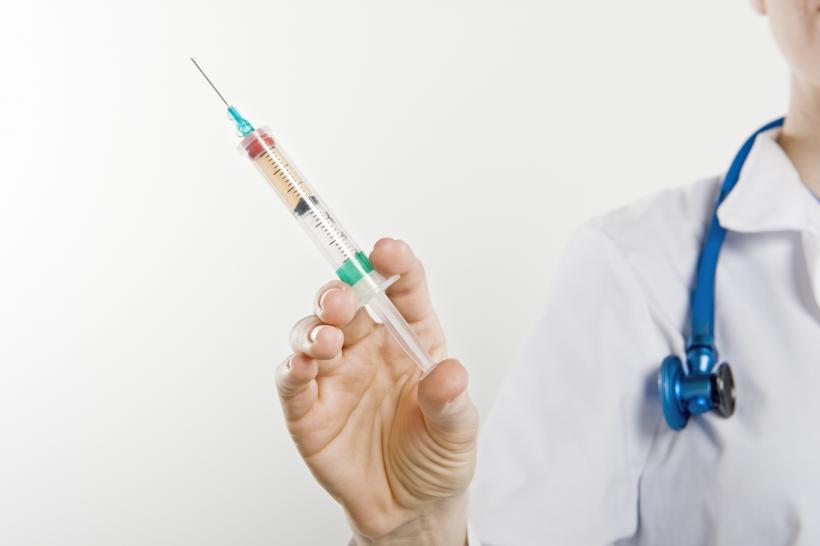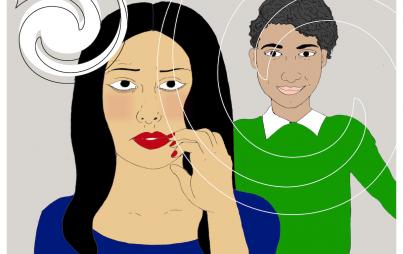
Thinkstock
The lives and vaginas of Australians have greatly improved since 2007 (for reasons far better than the world's most badass vibrator). See, back in 2007, Australia became one of the first countries to implement a program that gives free HPV vaccinations. Now, research from the University of Sydney shows us that this immunization effort reduced genital warts (in women ages 15-27) by a damn Gina-inducing 61%.
Let's take a moment to consider that figure . . . which is huge. The vaccination itself offered preventative measures against strains 16, 18 (both major causes for cervical cancer), as well as 6 and 11 (which cause most genital warts). While there are other strains, knocking out these four is mighty useful.
Of Veracity and Vaccinations
Despite such awesome numbers, the word "vaccination" still carries a dangerous stigma in the U.S. (thanks for nothing Jenny McCarthy). Don't believe me? Type "vaccinations are" in Google and see what pops up. Spoiler alert: it's mostly negative.
Evidence supports the effectiveness in both Hepatitis A and B vaccinations (as well as other vaccinations), but the general public is quick to ignore this. For that matter, many are also quick to go condom-less despite risks of STI's and pregnancy. With a decrease like 61%, it seems that taking preventative measures should be a society-wide, medical given. Yet, it's not.
While the "evidence" that linked vaccinations to autism was proved fraudulent long ago, the rumor mills and fear-mongering still thrive; such misinformation have ignited outbreaks of measles, mumps, whooping cough and others in various global pockets.
When pondering the possibility of vaccinations in your own body, let's try and keep Australia's supremely successful study in mind, shall we? "Vaccination" is not a filthy, four-letter word. (And please get vaccinated for HPV if you haven't already. Sheesh.)






